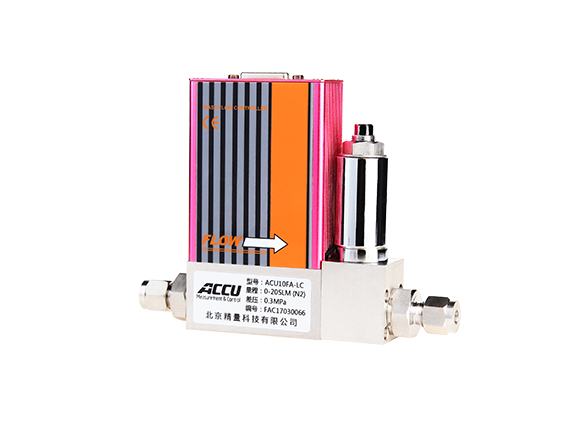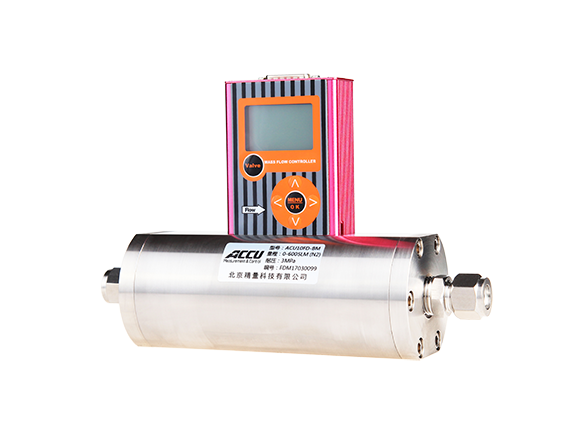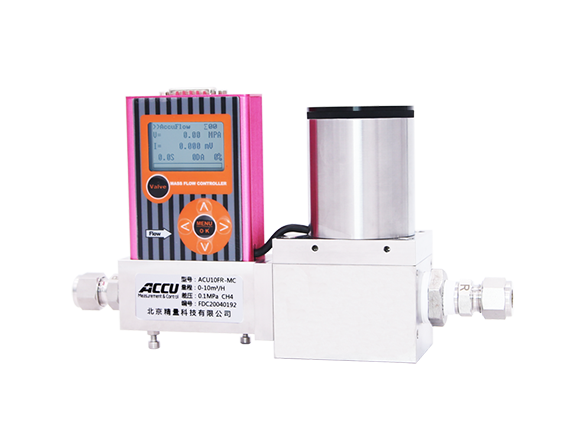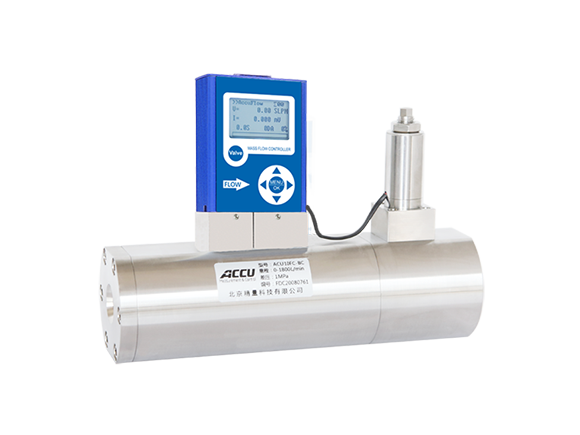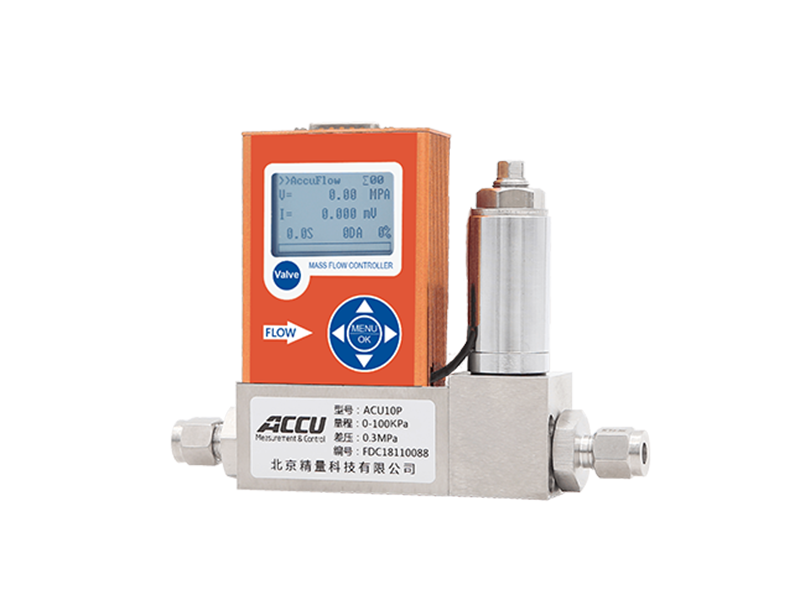Digital Quality Flow Controller: The Core Engine for Precision Fluid Management
In the complex processes of modern industrial production and scientific research, the control of gas and liquid flow is a lifeline, A slight difference in fluid flow can determine the success or failure of a product. Digital mass flow controllers (MFCs) achieve precise control through thermal mass flow measurement technology. With their superior accuracy, high degree of automation, and wide environmental adaptability, they have become indispensable core equipment in high-precision process industries.
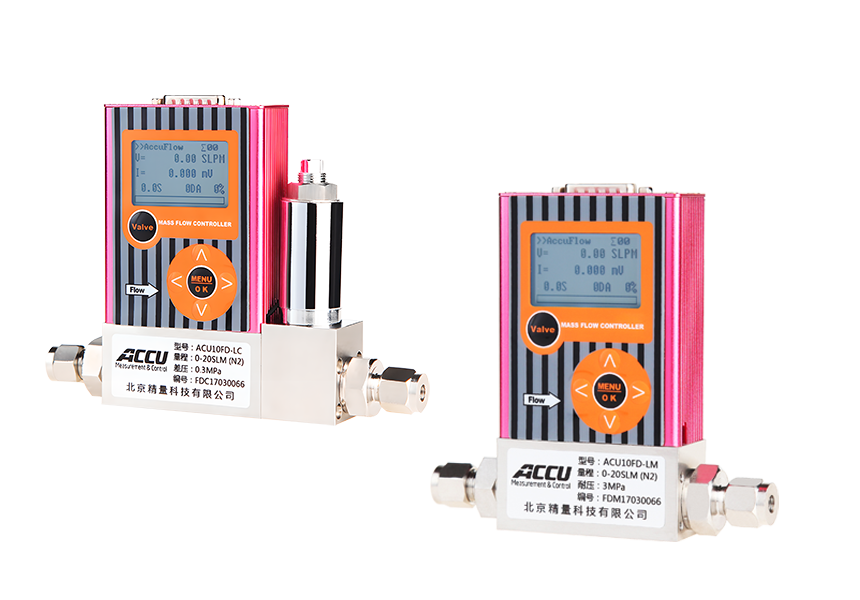
The working principle of a digital mass flow controller is based on thermal mass flow measurement technology, combined with advanced digital signal processing and control algorithms. Through built-in heating elements and temperature sensors, it can accurately measure the heat carried away by the fluid, thereby calculating the mass flow rate of the fluid. When the fluid flows through the sensor, it changes the temperature distribution of the sensor, and this temperature change has a definite functional relationship with the mass flow rate of the fluid. The microprocessor in the MFC performs rapid calculations based on the measured temperature signal, converts the flow data into a digital signal, and compares it with the preset flow value. Once a deviation is detected between the actual flow rate and the target flow rate, the controller immediately adjusts the valve opening, changing the flow cross-sectional area to precisely control the flow rate, making it quickly stabilize at the set value. The entire process is fast and accurate, with errors controllable within a very small range, meeting the demanding flow control requirements of various application scenarios.
Digital mass flow controllers have a high degree of intelligence and automation. Their intuitive human-machine interface allows operators to easily set flow parameters, view real-time operating data, and perform various control operations. At the same time, through rich communication interfaces, MFCs can seamlessly connect to host computers or other automated control systems to achieve remote monitoring and centralized management. This feature allows users on large-scale production lines to efficiently integrate equipment resources, further improving the automation and intelligence level of the production process.
In today's rapidly developing industrial technology, the reliability and stability of digital mass flow controllers have been rigorously tested in industrial applications. The use of high-quality materials and advanced manufacturing processes allows them to maintain stable performance under harsh conditions such as high temperature, high pressure, and strongly corrosive media, even during long periods of continuous operation. This reduces maintenance costs and downtime, providing a solid guarantee for the continuity and stability of industrial production.
Related Products


